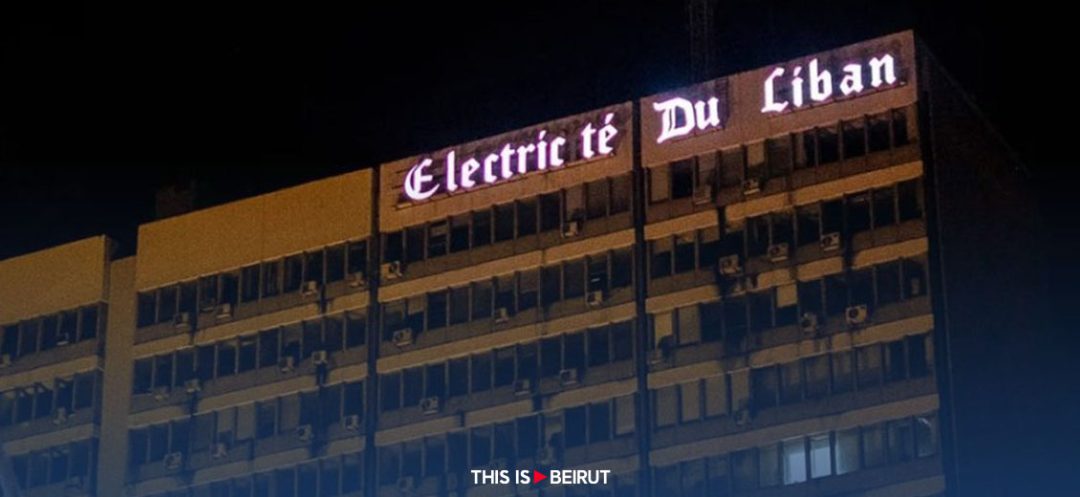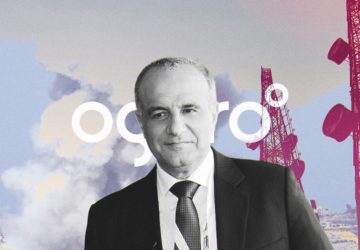Listen to the article
For several years, Lebanon has been facing severe electricity rationing in the summer due to increased consumption and the inability of power plants and the grid to handle the load.
However, it appears that the Lebanese might hope to benefit from an additional one or two hours of electricity per day starting mid-June.
The office of EDL director Kamal Hayek indicated to This is Beirut that, starting from mid-June, an additional gas turbine will be operational either at the Zahrani power plant or at the Dar Ammar plant (the two still functioning plants), which will allow for an increased distribution of electricity and provide subscribers in all regions with a continuous supply of 6 hours of electricity instead of 4. Beirut International Airport and public administrations should be supplied with electricity 24 hours a day.
However, Hayek’s office specified that this improvement in distribution depends on the available gas oil reserves to operate the power plants and, above all, the resilience of the grid.
It is noteworthy that Lebanon still has not paid for the fuel supplied by Iraq. Beirut and Baghdad had concluded an agreement on July 23, 2021, under which Iraq supplies fuel to Lebanese power plants on favorable terms for the Cedar country. This agreement came into effect in September 2021, with a set quantity of 100,000 tons per month (80,000 tons usable by power plants due to the swap). Since Iraqi fuel cannot be directly used in Lebanese power plants due to its high sulfur content, Lebanon buys another type of compatible fuel from other suppliers, who receive the Iraqi fuel in exchange.
From 450 to 600 Megawatts
After a meeting with Caretaker Prime Minister Najib Mikati, Caretaker Energy Minister Walid Fayad revealed that he is working to increase electricity supply. He plans to increase the production of the Deir Ammar or Al-Zahrani power plants from 450 megawatts to 600 megawatts this summer, while also continuing efforts to finalize the restart of the Zouk Mikhael and Jiyeh power plants, which produce cheaper electricity than the one generated from gas oil.
The Lebanese surely would have liked to enjoy an uninterrupted power supply, as promised for more than twenty years, but the electricity issue remains the main sore point in Lebanon.





